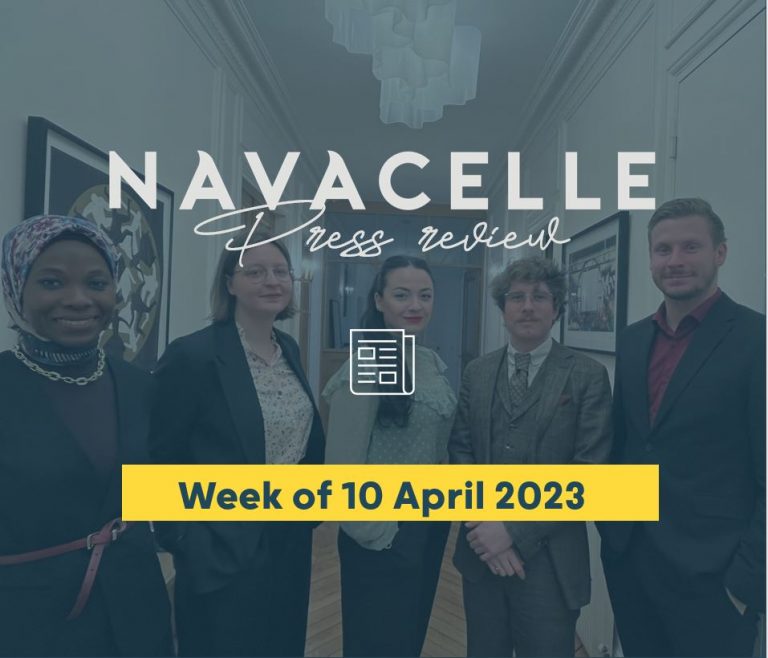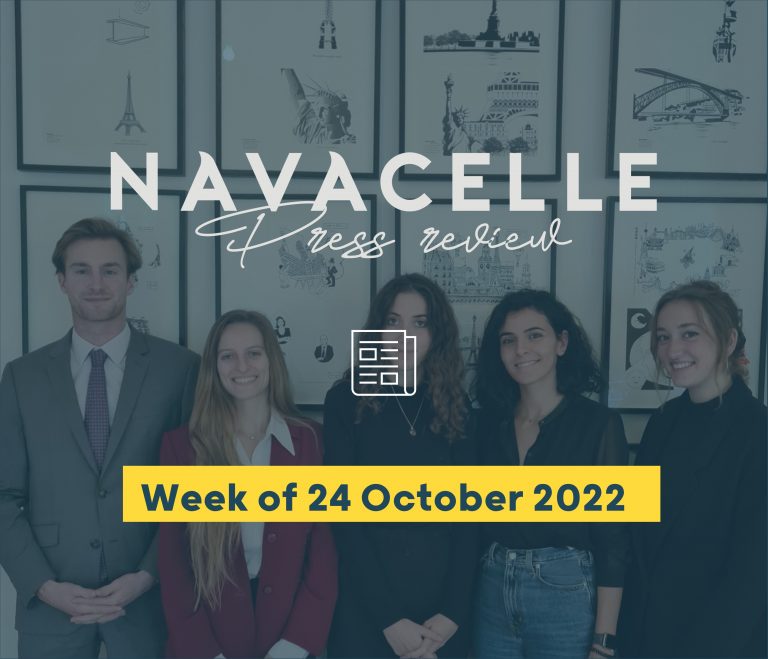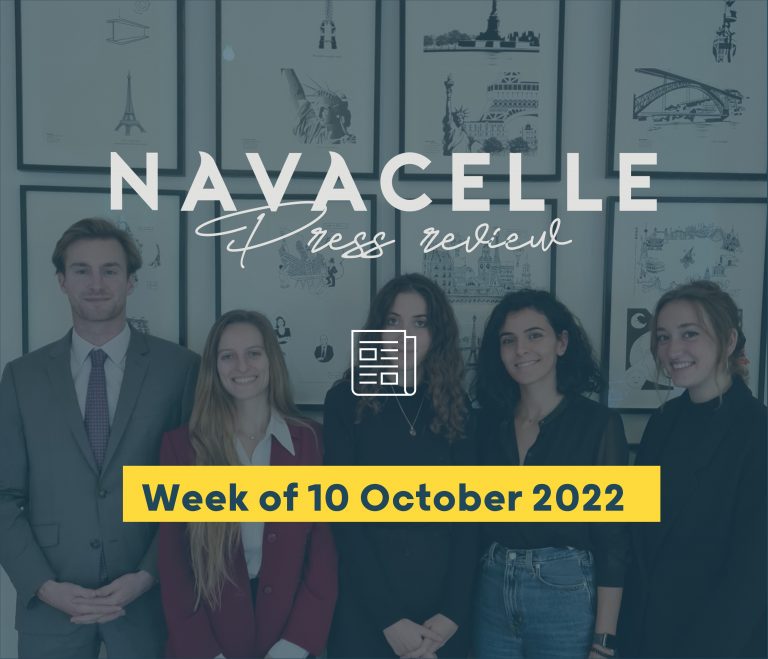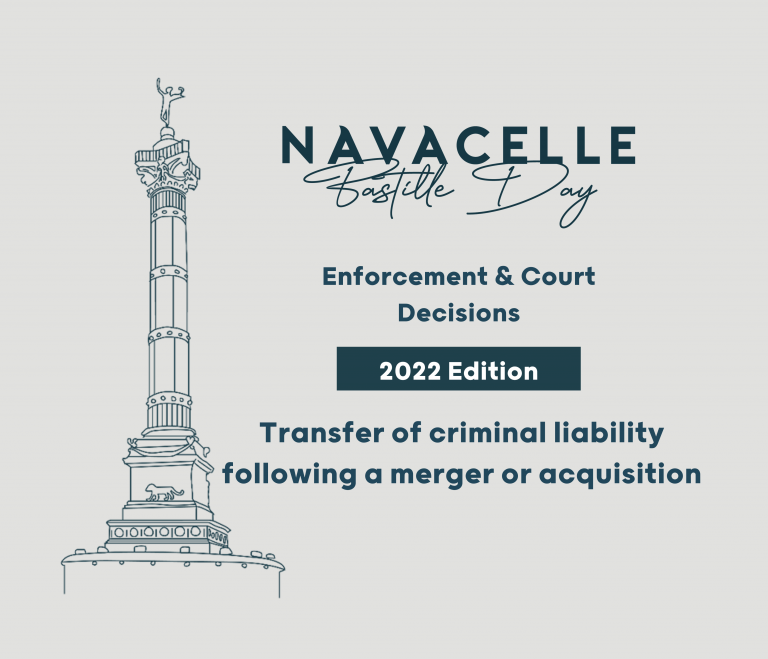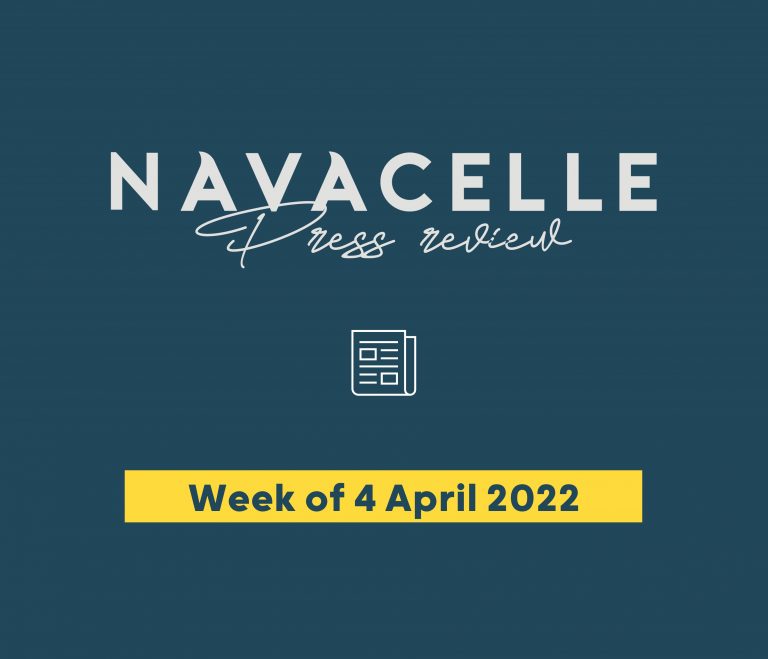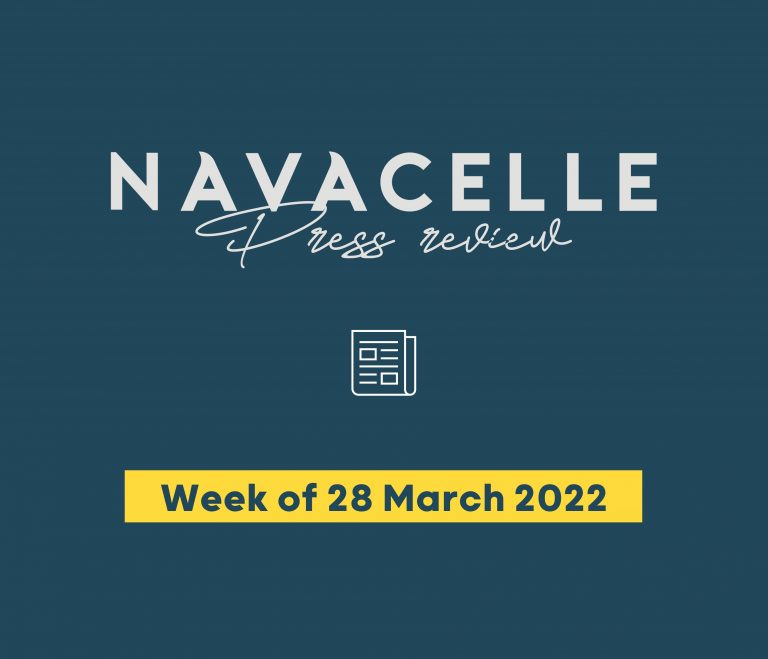Following an opening speech by the Chairman of the Enforcement Committee who reviewed the past year’s case law, the French Supreme Court (Cour de cassation) General Attorney emphasized on the importance as well as the challenges resulting from the articulation of the constraints imposed by the gathering of evidence with the necessary respect for privacy and the protection of secrets required from judicial or administrative authorities. He then recalled that evidentiary mechanisms aiming at lifting secrecy or at encouraging its revelation have proliferated in the past few years,[1] referring to the recent decisions restricting the protection of banking secrecy,[2] while he also highlighted that the control of the collection of evidence had been strengthened based in particular on the principle of proportionality.
Regarding the fight against money laundering and terrorism financing (AML/FT), the Cour de cassation General Attorney explained that, as a judicial actor in the field, he considers that the fight against terrorism should necessarily rely on the collection of financial intelligence. He illustrated his statement by a short introduction on the so-called “Syrian Wallet” case which involved several European countries such as France, with the support of Europol, and allowed to uncover services organized by the Islamic State (ISIS) to financially support foreign fighters in Syria, Iraq and Libya.[3]
I. Secrecy in the context of law enforcement proceedings
On the first panel, a member of the AMF Enforcement Committee, the Head of the AMF’s investigation department, the General Rapporteur of the French Competition Authority (Autorité de la concurrence) and an attorney discussed the way secrets are handled in the criminal, administrative or judicial proceedings, particularly with regard to the objective of operational efficiency when collecting evidence.
Among the various types of secrecy mentioned, the most thorough discussions focused on the secrecy covering the communications between an attorney and his client, as well as on the access to connection data. It was also recalled that other types of secrecy such as banking secrecy or business secrecy, may not be invoked before public authorities.
On the first topic, while the AMF and the French Competition Authority’s representatives both acknowledged that the secrecy of communications between a lawyer and his client was guaranteed by their respective procedures in the context of document seizures and especially seizures of electronic messages, the scope of such secrecy did not, however, appear to be consistent. Indeed, although AMF investigators exclude from their seizures all attorney-client communications, regardless of their purpose, the French Competition Authority’s practice is different. As explained by its General Rapporteur, when carrying competition investigations, only the communications related to a defense strategy are considered privileged, while communications relating to the provision of advice are not. While this practice has not been yet sanctioned by the French Cour de cassation,[4] it appears to be contrary to the law No. 2021-1729 of 22 December 2021 for trust in the judiciary system which guarantees in its article 3 “the respect of the professional secrecy of the legal defense and advice” as well as to the recent European case law.[5]
The AMF and the French Competition Authority’s representatives have also noted that the screening of electronic messages, a necessary step to exclude privileged communications from the procedure, was carried out under the authority of the investigators who ensured that their exclusion is legitimate. Such process implies that privileged communications are consulted, even briefly. This practice, whether it results from an ad hoc procedure in AMF investigations or from the implementation of a temporary closed seal (scellé fermé provisoire) in competition investigations,[6] has been strongly criticized as it carries the risk of introducing a bias among investigators who have had access to the confidential documents.
On the second topic related to connection data, it was stressed that their access has been regulated by several recent rulings and decisions.[7] As such, rulings of the European Union Court of Justice handed down on 20 September 2022 were mentioned,[8] stating that the general and indiscriminate retention of traffic and location data was not authorized, particularly in the context of investigations on market abuse offences, unless in case of serious threat to national security. Although requests for access to connection data are now supervised by a connection data controller, it remains that, according to the AMF General Secretary, the decisions of the European Union Court of Justice shed legal uncertainties on AMF proceedings.
II. Regulation and AML/FT
The second panel brought together the Deputy Director of TRACFIN (a unit of the French Ministry of Finances for the treatment of information and action against illicit financial circuits), the Chairman of the Enforcement Committee of the French Prudential Supervision and Resolution Authority (Autorité de contrôle prudentiel et de resolution, “ACPR”), a senior university lecturer, the AMF Deputy General Secretary in charge of asset management, as well as an asset management attorney, and was moderated by the Chair of the second section of the AMF Enforcement Committee on the topic of the regulation of AML/FT.
The speakers recalled the historical evolution of this regulation, both at European and national levels, and presented the latest findings[9] – very positive for France – of the Financial Action Task Force (FATF), an inter-governmental body in charge of setting international standards and promoting the effective implementation of anti-money laundering and terrorism financing legislative, regulatory and operational measures.
In this respect, it was noted that banking and financial services are core to the AML/FT regime, and account for nearly 80% of the suspicious transaction reports received by TRACFIN.
Although the ACPR and the AMF both have jurisdiction over AML/FT issues, the ACPR, as it oversees supervising banking activities, is most directly involved in activities exposed to money laundering risks. The AMF, in charge of supervising investment services providers, asset management companies and financial investment advisors comes second on this topic. However, the AMF Enforcement Committee’s decisions are increasingly identifying breaches of AML/FT regulations regarding issues in governance, procedures, proof of due diligences or updates thereof.
Finally, the AMF General Secretary gave a closing speech emphasizing on the AMF’s determination to “carry out complex investigations and to sanction any breach that seriously undermines market integrity and investors’ protection”.



